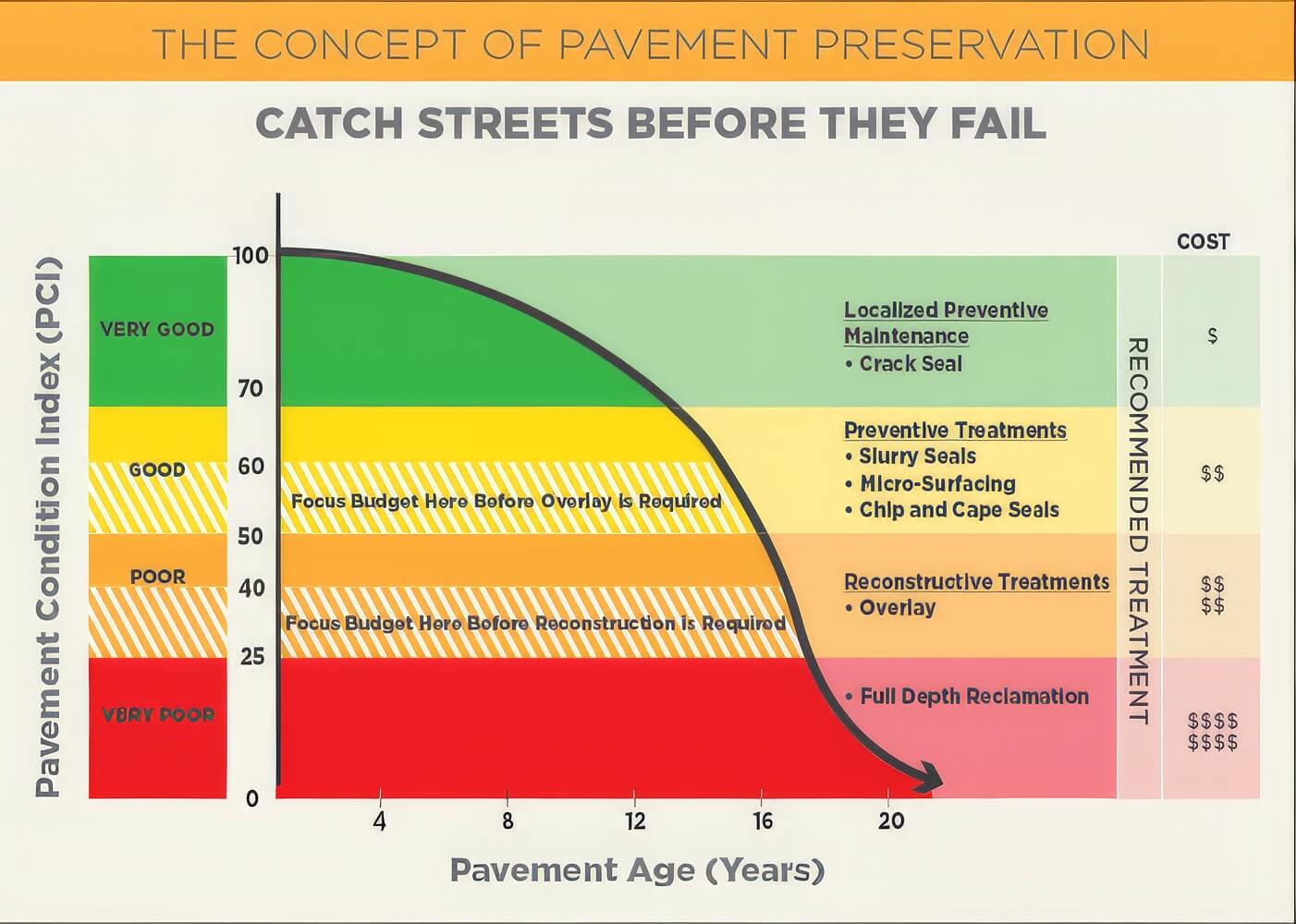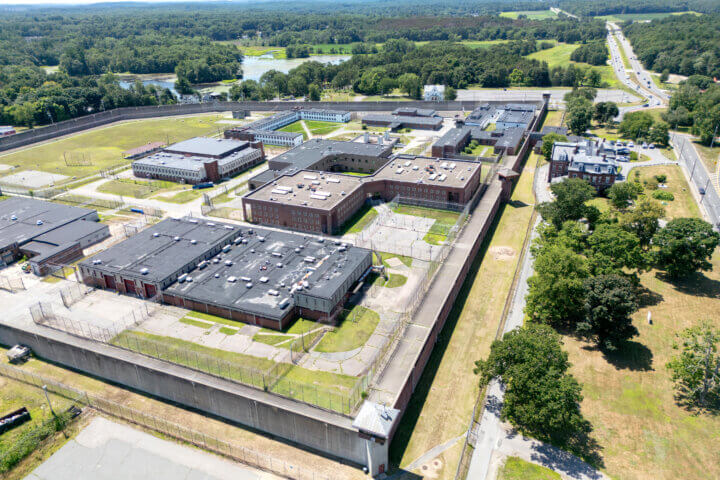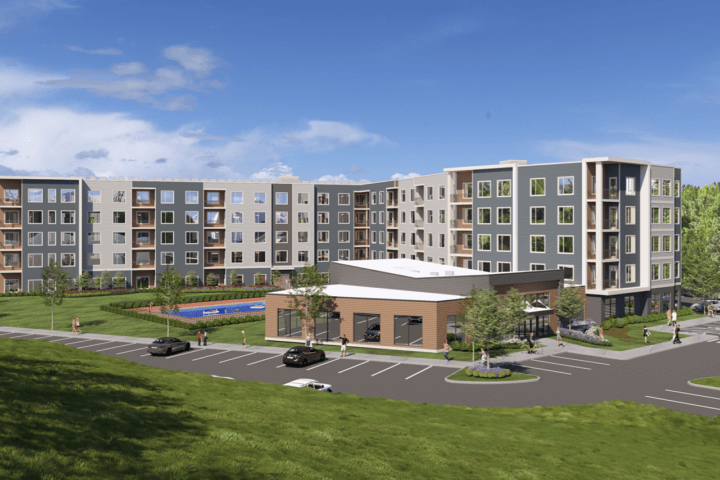By Dan Atkinson — Correspondent
Is your street full of cracks and potholes? Town officials have a plan to fix it — but it may take a while.
Every three years, Concord Public Works uses a consultant to survey all 430 roads in town and determine their Pavement Condition Index, rating them on a scale from 0 to 100. The firm, StreetScan, previously examined the roads in 2021 and is finishing up its latest survey for publication at the end of the summer, says Town Engineer Steve Dookran.
“Some companies do this every five years. But our PCI is not at a high level; we want to pay closer attention to changes until we get to that place that is very high, and we don’t need to spend as much money,” Dookran said.
“StreetScan recommends what the need is so we can get our [overall] pavement condition index up to an acceptable level. Right now, it’s in the high 60s. We’d like to get it close to the 80s, at a level where you can do more maintenance and less rebuilding.”
Rating and repairing roads
The 2021 survey showed 76 roads with a PCI rating below 50, with 48 below 40 and 15 under 30, or in “Very Poor” condition. But those ratings have likely changed since, Dookran said, as the town has performed road work.
The town’s website has a street map of the 2021 PCI ratings as well as a map showing planned work for 2024. “Very Poor” streets like Channing Road (32 PCI) and Red Coat Lane (28 PCI) are scheduled for full-depth reconstruction work in 2024.
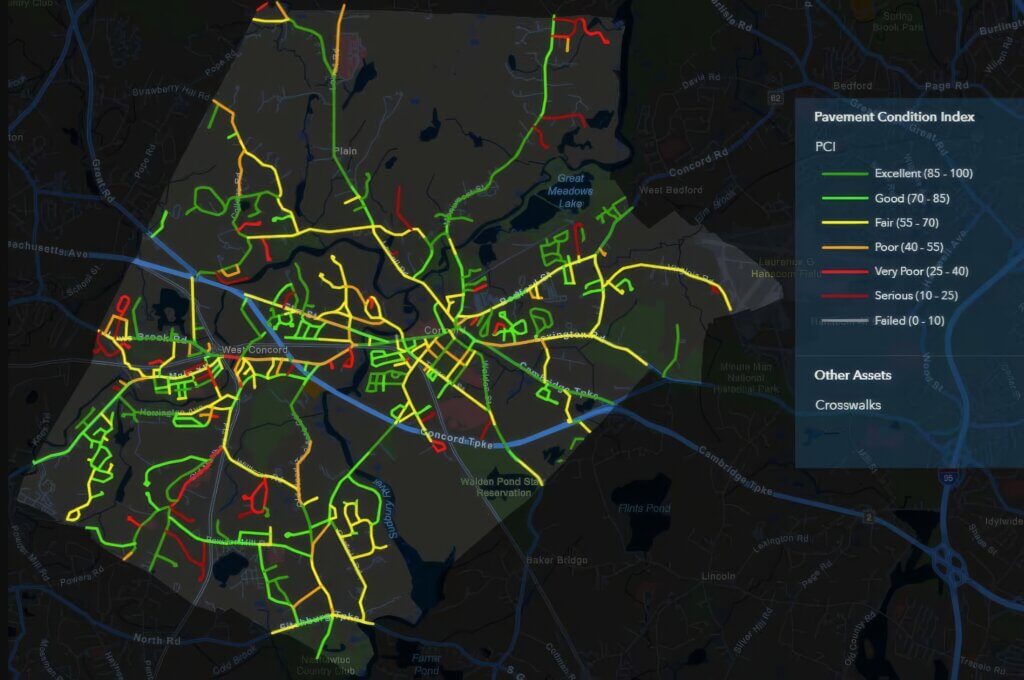
“A new street starts at 100 and deteriorates slowly for the first few years, then bends and drops quickly,” Dookran said. “A street with an average or low PCI could drop quickly. You get results a few years later and why did it drop so much? Because it was on that track already.”
Senior Public Works Engineer Joseph Cormier said that “with a scan every three years, each road deteriorates at a different rate. Is it traffic loading? Is another factor playing into it? We can take those results and better project.”
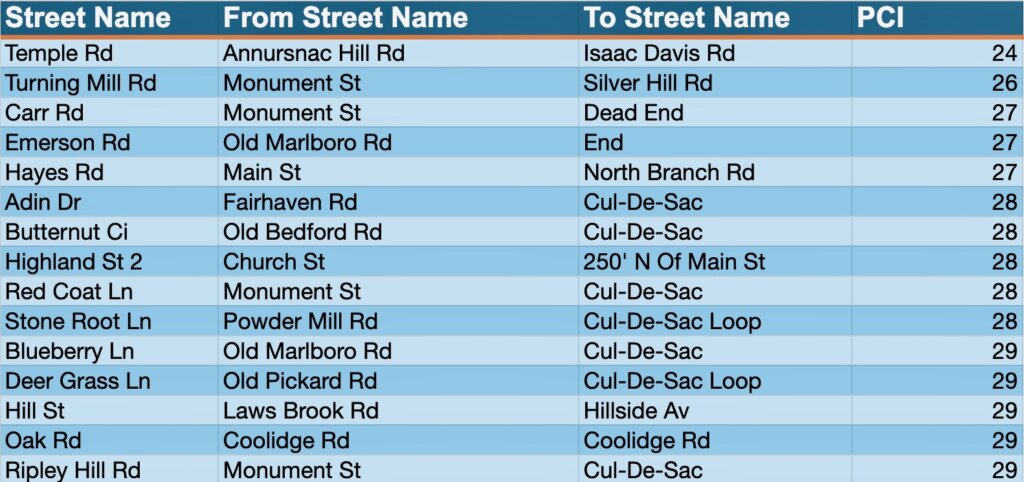
The 15 streets with a Pavement Condition Index of below 30, according to the 2021 StreetScan survey. Officials said these have likely changed due to roadwork since the survey three years ago. Data via concordma.gov
Dookran said town workers use a variety of measures for maintenance and small repairs, like pothole patching and crack sealing, as well as fog sealing.
But roads in bad condition need full repaving, and the StreetScan survey can help determine the nature of the repair.
“What causes a pothole? Often there is a surface problem, but sometimes there’s an underground problem that is a sign the road has reached its end of life, no matter how much you rebuild,” Dookran said. “StreetScan helps there; there’s a variety of deterioration to capture.”
Said Cormier, “For paving projects, whether overlay or full reconstruction, this year we’ve done a little over five miles,” excluding preservation.
“This year, we did a little more than in the past; we got some more funding. We will have the new data by the August target date and can use it for next year’s budget.”
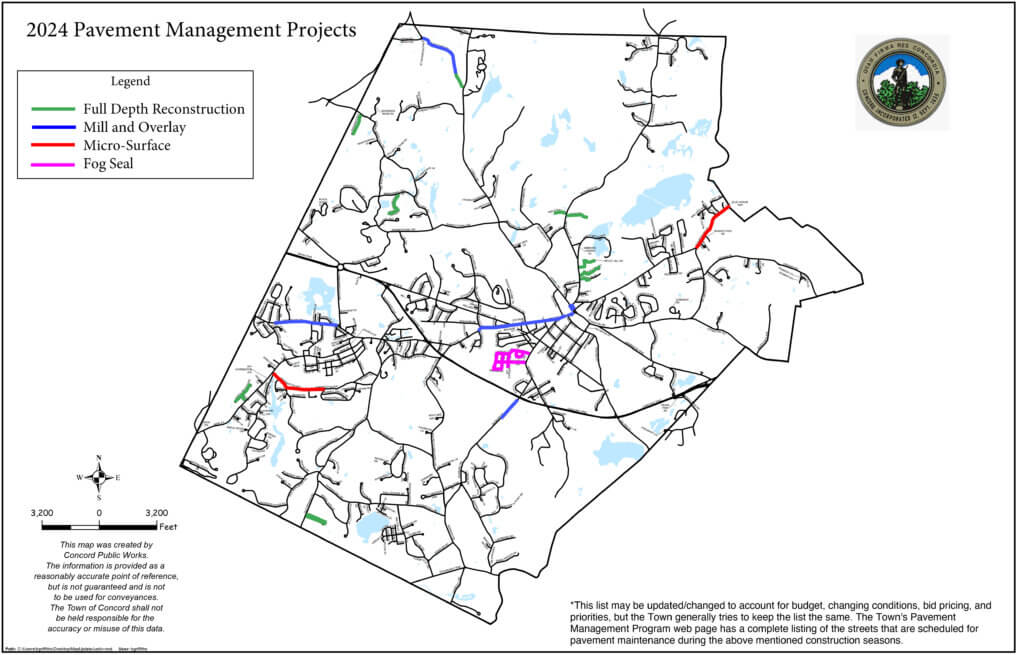
Funding fixes
While PCI plays a major part in determining which roads get repaired and when, there are other factors as well, Cormier said . It matters whether the street is a heavily used arterial road or a local road. CPW tries to coordinate with utility work as well.
And then there’s cost.
“Doing maintenance work is much cheaper than doing road reconstruction. Finding the timing and hitting maintenance right is key,” Cormier said. “The cost of maintenance is increasing — that’s the other end of it.”
Dookran said while CPW gets an annual appropriation for pavement management, it could use more money to address the issue and to integrate it with broader infrastructure planning.
“Both the Town Manager and Deputy are pushing to fund pavement management at a larger level,” he said.
“The transportation study that the town is doing will recommend key corridors — not just pavement, but sidewalk and transportation infrastructures. This study will inform needs so the town can invest more appropriately.”


